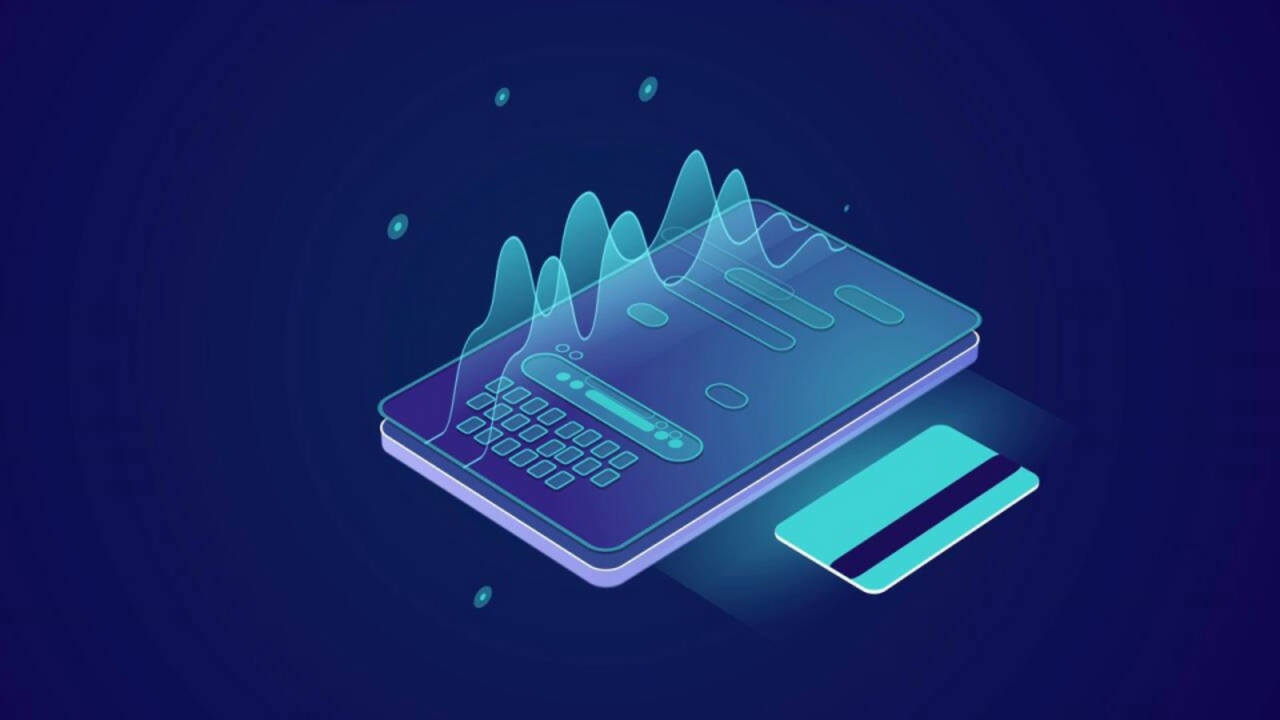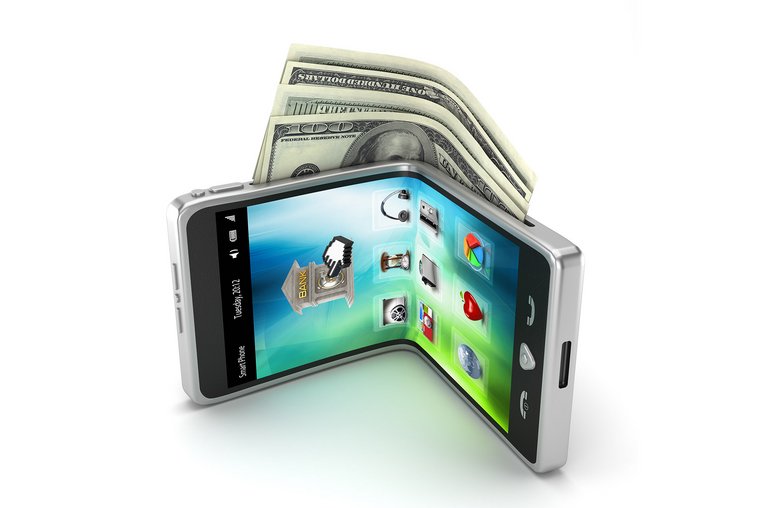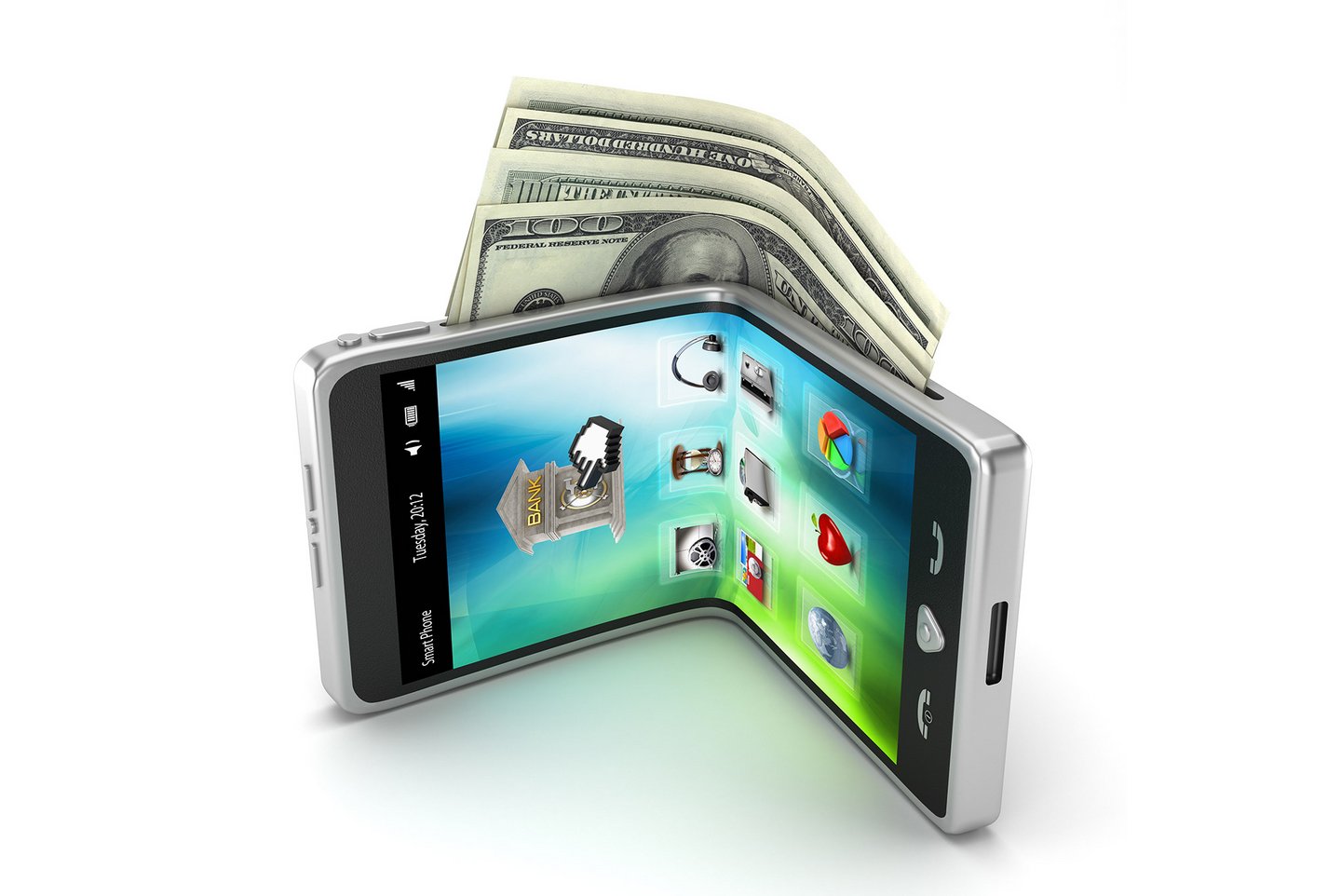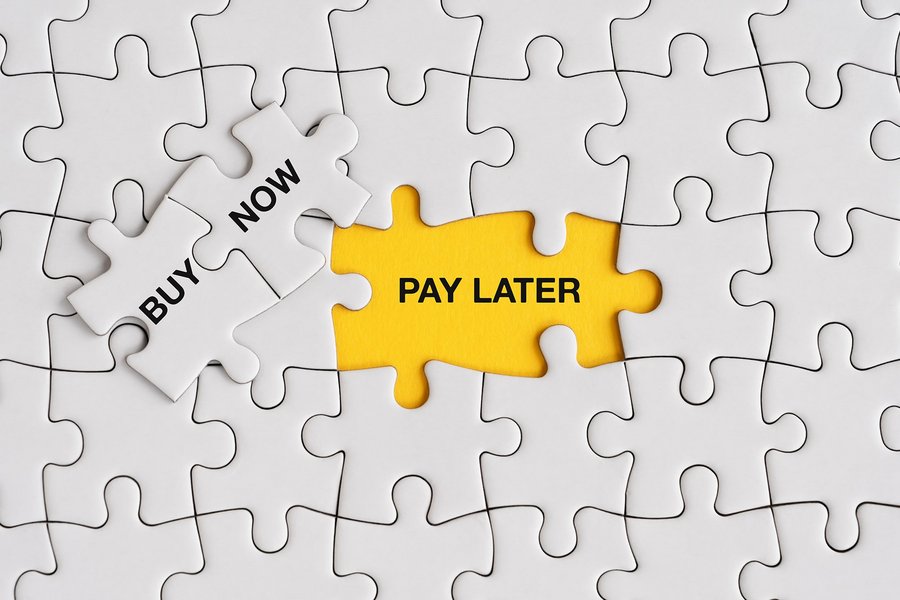If banks are to survive and thrive in the future, developing cutting-edge digital products and services will be crucial to their success. Even before the onset of the current pandemic the banking sector was experiencing turbulence, with low interest rates, increasing regulation, competition from new entrants, and a shift to digital buffeting their finances, brand equity, and trust with customers. By pushing people to use contactless payments instead of cash and rely more heavily on e-commerce, COVID-19 has accelerated some of these existing trends to such a degree that any five-year plans or innovation roadmaps that banks were working on need to be rapidly rethought.
“One of the pandemic’s most visible impacts on financial services has been the dramatic acceleration in shifts toward e-commerce and digital payments,” McKinsey’s 2020 Global Payments Report stated.1 “Digital payments volumes have soared overall, partially driven by accelerated consumer migration to digital channels and payments forms. This momentum is expected to persist as a next normal develops.”





